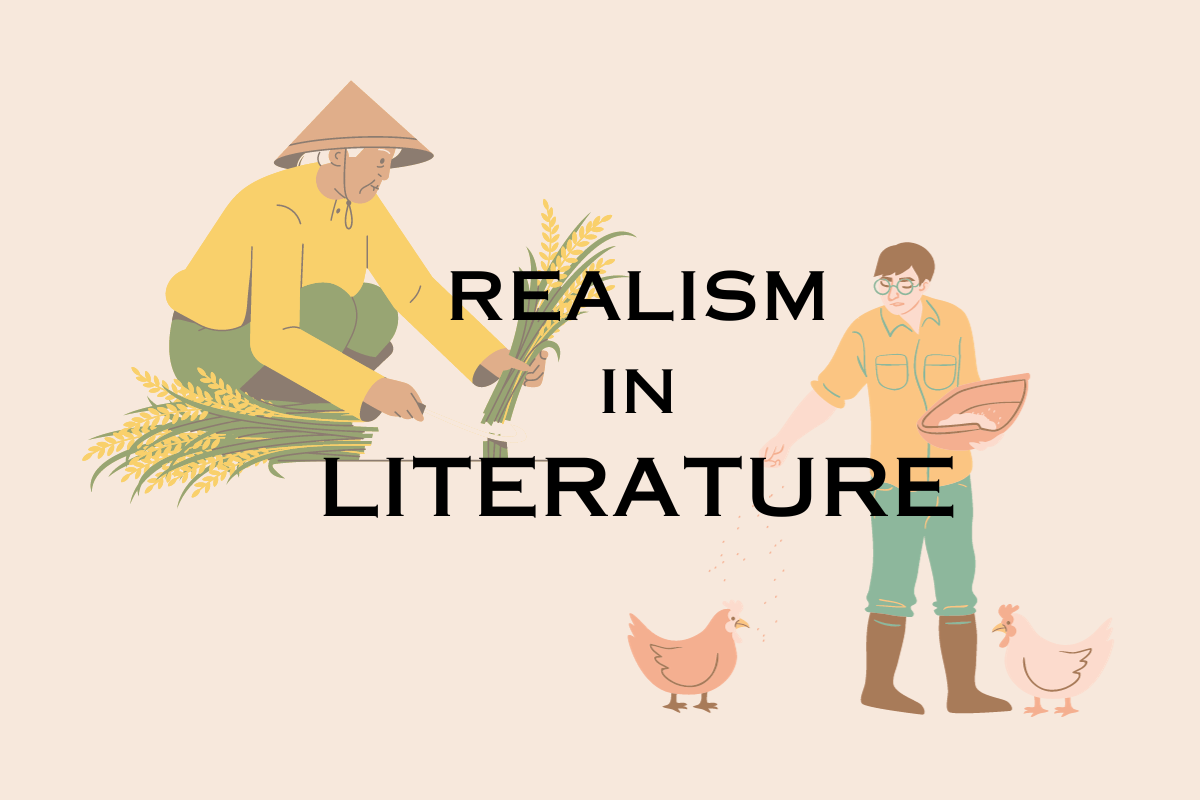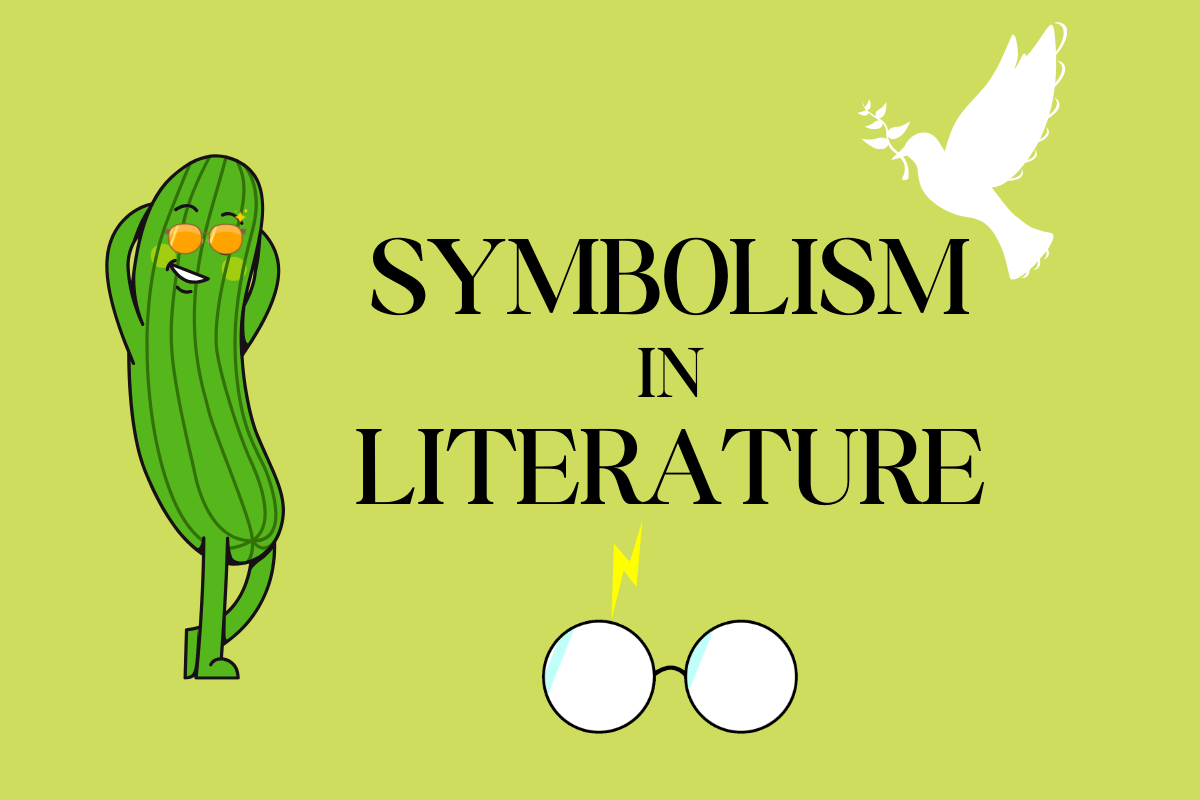Idealism is a philosophical perspective. And it emphasizes the importance of ideas, thoughts, and consciousness in shaping reality. It suggests that our minds or spirits primarily shape reality, with the external world being influenced by our mental processes. Unlike idealism in literature, materialism says the physical world is most important. Also, it says consciousness comes from material interactions.

What is the Origin and Who Coined Idealism?
The concept of idealism has roots in ancient philosophical traditions. But it gained prominence during the Age of Enlightenment and subsequent stages of philosophical development. The term idealism was introduced by Immanuel Kant, a German philosopher, in his work Critique of Pure Reason. In this influential text, Kant distinguished between realism empiricism and transcendental idealism.
Key Characteristics of Idealism in Literature
Certainly, these are the main characteristics of idealism presented in bullet form:
- Emphasizes the primacy of ideas, consciousness, and spirit in shaping reality
- Sees reality as essentially mental or spiritual, rather than purely physical
- Asserts that the outside world is to some extent dependent on the mind or consciousness
- Often seeks to understand the nature of knowledge, perception, and the relationship between the knower and the known
- Views the mind as an active participant in the formation of experiences and perceptions of reality
- Distinguishes between the phenomenal world (the world experienced) and the ontological world (the actual underlying reality)
- Informs discussions about the nature of reality and the limits of human knowledge
- Influenced various philosophical fields such as metaphysics, epistemology, ethics, and aesthetics
Recommended: Realism in Literature | Origin and Characteristics
Different Forms of Idealism in Literature
Different forms of idealism exist, encompassing transcendental idealism, subjective idealism, and absolute idealism. These variations explore the concept of idealism from different perspectives
1. Transcendental Idealism
Main Proponent: Immanuel Kant
Key Ideas: Kant’s idea is that our understanding of the external world is influenced by how our abilities and senses interact. He distinguished the phenomenal world (the world as we perceive it) from the noumenal world (a hidden reality that we cannot directly know). In essence, he argued that our perception shapes our understanding.
2. Subjective Idealism (Immaterialism)
Main Proponent: George Berkeley
Key Ideas: Berkeley’s subjective idealism posits that the external world and material objects only exist as perceptions in the minds of individuals. A conscious mind perceives the notion that To be is to be perceived, meaning objects exist only when they are being observed. Berkeley’s philosophy challenges the concept of an independent material reality.
3. Absolute Idealism (Dialectical Idealism)
Main Proponents: Georg Wilhelm Friedrich Hegel, Josiah Royce, Bernard Bosanquet
Key Ideas:
Absolute idealism posits that reality is an interconnected whole, often referred to as the Absolute or Spirit. Hegel’s dialectical idealism emphasizes a dynamic process. It has three parts: thesis, antithesis, and synthesis. This process resolves contradictions and leads to a higher understanding. According to this philosophy, the material and mental aspects of reality are connected. They contribute to the development of a single Absolute.
Various forms of idealism in literature highlight different parts of the relationship between consciousness and reality. In summary:
- Transcendental idealism focuses on how the mind shapes our experiences.
- Subjective idealism questions the existence of a separate material world.
- Absolute idealism stresses unity and the growth of reality through dialectical processes.
Notable Writers of Idealism
Here are the prominent writers or philosophers of idealism in literature:
Here are the prominent writers of idealism in literature:
1. Plato (circa 427-347 BC): Plato’s philosophy established the bedrock for various elements of idealism. According to Plato, genuine reality thrives within the realm of forms. While the physical world merely mirrors or inadequately manifests these perfect forms.
2. George Berkeley (1685-1753): As an Irish philosopher, Berkeley developed subjective idealism, also known as immaterialism. According to him, the essence of existence lies in perception, suggesting that physical objects only exist within the realm of conscious minds.
3. Immanuel Kant (1724-1804): Kant’s transcendental idealism brought about a significant advancement in the idealistic thinking world. He said that our mind shapes our perception of reality. Also, some parts of reality depend on human cognition.
4. Johann Gottlieb Fichte (1762-1814): Fichte, a German philosopher, further developed the ideas of Kant. He introduced subjective idealism, asserting that individual consciousness serves as the foundation for all reality.
5. Georg Wilhelm Friedrich Hegel (1770-1831): Hegel is renowned for his concept of absolute idealism, also known as dialectical idealism. According to him, reality unfolds through the revelation of conflicts and their subsequent dialectical resolutions. This ultimately led to the realization of the Absolute Spirit.
6. Josiah Royce (1855-1916): Royce contributed significantly to the development of absolute idealism in the United States. He stressed the interconnectedness of individuals and their crucial role in realizing the concept of the Absolute.
7. Bernard Bosanquet (1848-1923): Bosanquet supports the concept of absolute idealism. According to his perspective, reality is a unified entity where individual experiences form integral parts of this collective existence.
Conclusion
In literature, idealism offers a glimpse into a better world, exploring noble values and instilling hope amidst the harsh realities of life. It portrays an optimistic outlook that resounds with readers.
Recommended: Surrealism in Literature | Characteristics, Writers, and Examples




